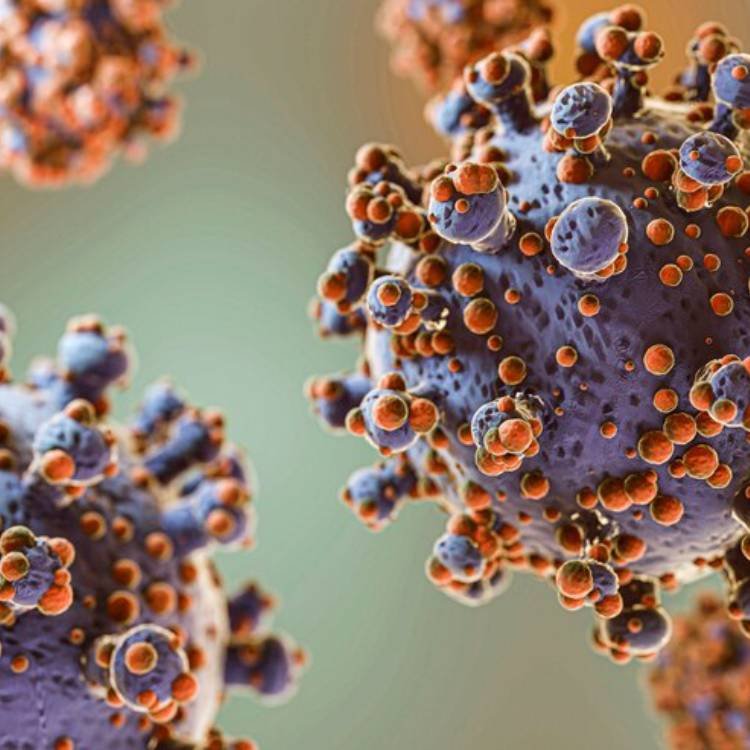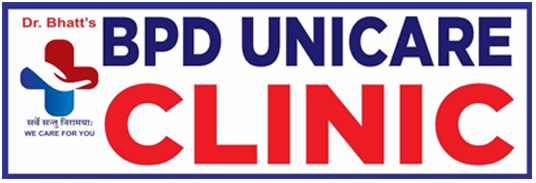Infectious Disease
Over the past two years, the super specialty of Infectious Diseases has gained significant attention due to the COVID-19 pandemic. However, infections remain a leading cause of fever and are a common reason for both outpatient visits and hospitalizations. Managing complex infectious diseases requires comprehensive knowledge of the pathogens and their modes of transmission, advanced clinical expertise to recognize various associated syndromes, accurate interpretation of diagnostic tests, and up-to-date information on available treatments. Emphasizing patient-centered management strategies is essential for optimizing outcomes in this field.

Infectious diseases are disorders caused by living organisms such as bacteria, viruses, fungi, and parasites. These infections can be transmitted from person to person, from animals or insects, or through contaminated food, water, and fomites (environmental objects or materials likely to carry infection). Many microorganisms inhabit the diverse microbiome of our body and are typically harmless or even beneficial, supporting healthy bodily functions. However, under certain conditions, these ordinarily benign organisms can cause disease.
Many infectious and non-infectious conditions exhibit similar symptoms. Infectious disease specialists are trained to extract critical information from a patient's history and clinical course, perform appropriate tests, and accurately interpret the results to identify the precise cause of an illness.
Diseases
1. Specialized Treatment for drug-resistant infections
Most community infections are easily treated by physicians. However, some complicated infections like recurrent or drug resistant infections may require additional expertise in management. The Infectious disease specialist is trained to select the appropriate antimicrobial for a specific condition to prevent drug toxicity, drug interactions and most importantly, drug resistance.
Examples of such infections are drug resistant or extrapulmonary tuberculosis, post-surgical infections, orthopaedic implant associated infections, recurrent urinary tract infections and infections associated with indwelling lines and devices.
2. Chronic Infections
Chronic infections like HIV, tuberculosis, bone and joint infections etc. may be debilitating and even life-threatening without appropriate ongoing monitoring and treatment.
3. Infections in special populations
Special populations, including immunosuppressed patients, face unique challenges in managing infections. This group encompasses individuals with chronic lung, liver, or kidney diseases, those on hemodialysis, patients with uncontrolled diabetes, post-transplant recipients, cancer patients, individuals on steroids or other immunosuppressive drugs, and those with advanced HIV. These patients are at a higher risk of developing serious and atypical complications from common infections, acquiring uncommon opportunistic infections, and even experiencing multiple infections simultaneously. Infectious disease specialists are trained to recognize the various risk factors for rare and opportunistic infections and to provide appropriate and timely management.
4. Adult Immunisation
Adult vaccinations are often overlooked but are crucial for preventing the spread of infectious diseases and reducing complications from severe infections in both adults and children. Important for chronic health conditions, higher education, booster shots, and travel, adult immunization protects individuals and public health. Infectious disease specialists play a key role in promoting and administering these vaccinations.
